From Juliana Taiwo-Obalonye, Abuja
President Bola Tinubu, speaking at the inaugural West Africa Economic Summit (WAES) in Abuja on Saturday, squarely attributed the persistently low intra-regional trade in West Africa—currently below 10%—to a lack of political will among West African leaders.
Addressing Heads of State, business leaders, and development partners, President Tinubu declared, “Low trade is a symbol of low collaboration. We must strengthen our regional value chains, invest in infrastructure, and coordinate our policies” to reverse this trend.
Contrary to views that poor trade performance stems from external factors, Tinubu emphasised that the challenge is internal, rooted in insufficient commitment to regional integration. “The global economy will not wait for West Africa to get its act together, and neither should we,” he warned, urging leaders to move beyond rhetoric to concrete action.
While some reports suggest the low intra-regional trade is due to coordination failures, President Tinubu stressed that the core issue is the lack of unified leadership and political will. “The low trade is not due to a failure of will but a coordination failure,” he said.
He underscored the need for collective responsibility, stating, “No one country can do this alone. Our prosperity depends on regional supply chains, energy networks, and data frameworks. We must design them together — or they will collapse separately.”
President Tinubu also condemned the region’s continued reliance on exporting raw minerals without local processing, a practice he termed the “pit-to-port” dependency. “The era of warm pit to the port must end. We must turn our mineral wealth into domestic economic value, jobs, technology, and manufacturing,” he said.
He called for investment in local processing and regional manufacturing to add value within West Africa, thereby creating jobs and boosting economic resilience. “To be resource-rich is not enough — we must become value chain smart,” Tinubu asserted.
Highlighting the youthful population as West Africa’s greatest asset, Tinubu warned that without coordinated investments in education, digital infrastructure, and innovation, this demographic dividend could become a liability. “Our task is to find new and effective ways to invest in our collective future, improve the business climate, and create opportunities for our youth and women,” he said.
He cited regional projects like the Lagos-Abidjan Highway and the West African Power Pool as examples of what is possible with cooperation but stressed the urgency of scaling such initiatives. “We must move from declarations to concrete deals; from policy frameworks to practical implementation,” he urged.
The summit, convened under Tinubu’s leadership as Chairperson of the ECOWAS Authority of Heads of State and Government, aims to deepen economic integration and enhance trade and investment cooperation across West Africa. The President’s address set a tone of accountability, calling on leaders to show the political will necessary to unlock the region’s vast economic potential.
“This summit is not just an event. It is where vision meets action,” he said, inviting global partners to join West Africa in building “a stronger, more unified, and globally competitive” region.



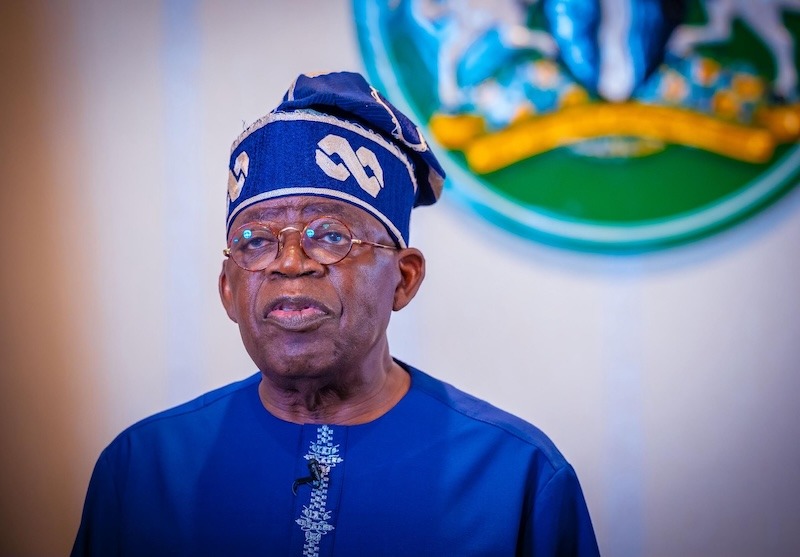

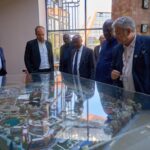

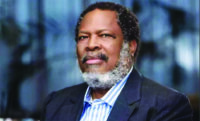
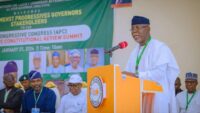

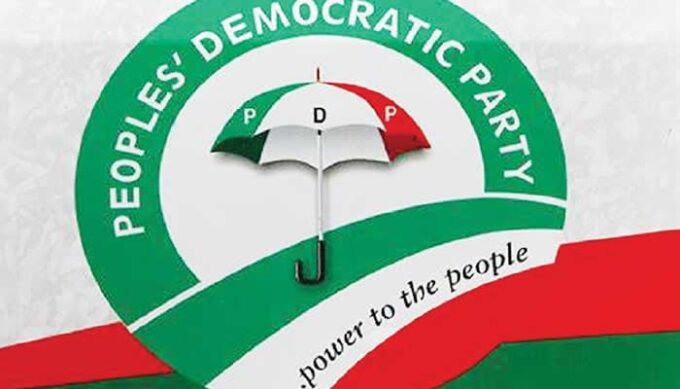






Leave a comment